An interview with Misha Gopaul, co-founder and CEO of FATMAP
Highlights include:
- How to embed culture across multiple offices and countries
- The difference between the engineer as artist and the sales Picasso
- The need for culture and values police
- How the FATMAP team live the customer journey while building camaraderie
Most start-up companies prefer, in the early stages, to hire and build their teams in one location, but not all companies are, for various reasons, able to do this. It’s no surprise, considering the cost and availability of technical talent and global distribution of technical skills, that companies are often formed in a distributed nature from the get go. The need to scale, “go global” and dominate your market will also eventually come into play, for a company that’s achieving success or has aggressive investors and has raised bucket loads of cash.
The challenges with distributed teams are firstly, ensuring that the company’s CulturalDNA is embedded across the company, into the different offices and secondly, ensuring that the CEO and leadership team understand the implications of the macro context of the countries that their offices are in (a lot of the behavior in international offices reflects the national culture) and the subcultures that are inevitably evolving in the different offices.
Subcultures develop naturally in larger companies that have existed for some time. They often start to form around the functional units of the company; your US SaaS sales team is going to develop a different subculture from your Romanian AI team and your London marketing team. Subcultures can also develop from shared educational backgrounds, shared past organizational experience, isolation through geography, the local hierarchy or dominant occupation in an office.
Trekkies, an example of a subculture not found at FATMAP!
Getting cross-functional teams to work well together is not easy, mainly because each team brings their business goals and functional subcultures to the project, which more often than not results in issues around communication, reaching agreement as well as (if you manage to get that far) implementation. Apart from the different goals, each team can also often have different meanings for the words the other team uses. Think for a moment about how differently an AI engineer, customer services rep or sales manager could potentially interpret the word ‘marketing’.
Understanding the implications of engineering subcultures is especially relevant to leaders of tech start-ups
Understanding the implications of engineering subcultures is specifically relevant to leaders of tech start-up companies who are hiring engineers who will be based in different locations or offshore. An engineer’s underlying values, motivations and behaviours are based on the commonality of their education, work experience and job requirements. Engineers often see themselves as artists, who create efficient and elegant technology solutions that are ideally free from human interference and error. Sales people on the other hand have no illusions about being the next sales Picasso, they talk to people every day and build relationships with them in order to sell the company’s technology to them. In comparison to engineers sales people do not have a common education, or work experience, are not able to code and definitely do not understand the complexities of what it means to search for days or even weeks for a critical software bug. Looking at the potential differences between subcultures, it is easy to see how frustrations and conflicts can arise between them. It is therefor essential to realise that a subculture will develop in each office and if you grow big enough in the HQ itself. The solution for CEOs and other leaders is to create opportunities for the teams to build human (versus machine) communication, sharing and interaction bridges, thereby allowing the teams to get to know and understand one another on a deeper level.
Misha Gopaul is the CEO of FATMAP, a 3D mapping start-up headquartered in London, whose team is spread between the UK, Germany, Lithuania and the US. Misha and I spoke about how he had developed FATMAP’s CulturalDNA, what he had learnt about values and culture from his previous company Fabric Technologies and what he is doing to ensure that the dominant occupation and geographic location subcultures developing in his company are understood and managed effectively.
BP
Where in your experience does culture come from and when does it start in a company?
MG
As soon as a small team comes together to start a company you start to develop a culture – whether or not you define it consciously. Every start-up has a culture; and at an early stage I believe that the culture of a company is often simply an extension of the co-founders’ or CEO’s values and personality. I think it’s very important to consciously and passionately reinforce your core values at an early stage – and actively reject those which conflict – to ensure they become baked in as a strong foundation. If you are not passionate and deliberate about your values your culture may not end up being what you want it to be.
BP
When did you start thinking about culture at FATMAP?
MG
In my previous company Fabric Technologies, we did a lot of thinking and work on our culture, but only a few years in to the company. So with FATMAP we decided to define what we wanted it to be at the start of the journey. We were explicit about what we felt we wanted our culture to be. Our culture is an extension of the values we hold as people and a representation of our product; the outdoors, adventure and exploration – something we all love.
BP
How did you ensure that your team lived the values at Fabric, your previous company?
MG
We had a well-defined CulturalDNA at Fabric. In the early days, when it was evolving, I felt like I was the culture and values police. We were a services company and I would fly off the handle if we didn’t live the values, for example if no one had responded to an inbound call and called a customer back promptly. It was never personal, and I didn’t get angry with anyone in particular, rather at the fact that our company didn’t react as would be expected, if we were actually living our values. It was not about blaming anyone but about calling out the wrong behaviour. I suppose I was demonstrating that I was embarrassed that our company didn’t respond with urgency. Emotions are a valuable tool to demonstrate what respecting the culture and living the values means to you and by definition should mean to the team.
But there needs to be a balance; if someone does something in breach of the values then it’s important to call them out on it – by the same token it’s just as important to celebrate great things so that people know and understand that a behaviour or action or decision was the right one.
We realised that if you accept things at odds to your values, you’re investing only in short-term gains. By compromising on values and letting the little things slide, you will eventually dilute your culture and lose your way as a company. The great thing is that by working hard on it at the start, the team learnt what was acceptable and not acceptable and the culture at Fabric eventually policed itself as the company grew .
Fabric was formed out of the merger of two companies (Psychosis & OBS) in 2007. During that process we went through a number of workshops discussing the two company’s values with the teams. We invested the time to define, understand and nurture our culture and this put us in a great position to do the merger. Creating a strong cultural foundation was one of the reasons that the merger was such a success.
Mapping the two company’s values workshop:
BP
How effective have you been at living the values you defined at the start of the FATMAP journey?
MG
We originally went through an exercise to create a brand blue print that included carefully defining our values. Back then, as a small team of a few people our values were quickly and organically embedded – so much so that oddly enough we took it for granted. As we started to bring on more people we were so focused on execution and key milestones that we kind of let the ball slip and didn’t focus explicitly enough on communicating our values. We have now grown quickly from 5 to 25 people and although we know that our team’s values are broadly aligned, we realise we should have been more focused and explicit in communicating and embedding our values. One of the major challenges we face is that our team is spread across the world, so you need to work 10 times harder to ensure that the culture is embedded into the different teams. We are going back and doing that better now and are currently going through a process to refine the values, behavior and motivations of our CulturalDNA.
BP
How do you represent the values at FATMAP?
MG
At FATMAP we believe in representing what we value by taking or effecting some sort of action that is synonymous with our values, rather than just describing them. We value outcomes over effort so we don’t watch the clock and give people flexibility to work from home or wherever they like as long as they do what they need to do to for the company to achieve success. We believe in autonomy and responsibility and we hire people who thrive on that.
BP
Where and how are the FATMAP values embedded into the company’s processes?
MG
During onboarding we use story-telling to describe where the company has come from, where we are now and where we are going. On the first day it’s all about understanding the why – why we are here and doing what we are doing. It’s about story telling from a personal and company perspective. We explain what the co-founder’s values are, who we are, what the journey has been to get here and what’s required for our continued success.
Everybody will send a personal email or message to welcome the new joiner. We didn’t prescribe this, it just happened. It has the effect of pulling the new joiner into our tribe and the personal messages allow them to feel part of the team and accepted, which is important. Rituals like this have developed naturally and are super important to communicating and embedding our values. I believe that organic rituals develop when the team has genuine values that they believe in and can live up to.
We hire, promote, reward and fire against values. As a team we need to show that we are acting on the values, which result in a positive outcome for the team. If we find that an individual’s values don’t match and are in conflict with ours, we have made the wrong hire. Getting hiring right is really important, by accepting a candidate who is at odds with our values we would be projecting that we are ok with compromise and don’t really subscribe to our values.
But as a leadership team we also understand that culture evolves and grows richer by allowing others, who have been brought into the company to have an impact on the culture. Some of our values have been introduced over time by our team. It’s a symbiotic relationship.
BP
How do you embed the culture in a disparate team?
MG
We work very hard at this. We use online tools like Slack and Skype a lot to keep communication flowing. But we also regularly bring people from different teams together in a place to work and get to know one another. We will have the US team come over to London, or some of the UK team will go to Lithuania or Chamonix.
A Line in the Snow – Official trailer
A Line in the Snow – Directed by Ben Tibbetts. Official selection – Kendal Mountain Film Festival
Twice a year we bring the whole team together in one place. In the outdoors, it’s the teamwork and real life experiences you share with people that you really come to value. So for us it’s an important part of our culture to make sure we spend time together as human beings. Spending time together builds stronger bonds between team members and creates the alignment of values and embeds them within the team. Spending time together creates a deep-shared understanding of who we are, what we want to achieve and how we are achieving it. When we are away together we make sure that we create an environment where the team is truly engaged with one another. At these away sessions you can definitely see the caring develop for one another as individuals and the team as a whole. The bonds and understanding built here endures long after the time.
Once a year we go away on an outdoor adventure. Because there’s nothing like being out in some proper English weather to build camaraderie! But also because the team gets to live our customer’s journey, which is particularly important for new joiners and particularly for some of the developers who don’t have direct contact to our customers in their daily work. We avoid corporate power point presentations during these trips; we rather use stories and the outdoors to create the adventure and demonstrate the personality of the company.
For us, values and culture are fundamentally an instruction set and if the team knows what the values are and live them, then we can trust them to make the right decisions in the course of their work. In this way FATMAP can move faster because our people are empowered to make decisions and take action.
One of the unexpected benefits of bringing our team together to share an adventure is it allows us to add an extra dimension to the hiring process. We now ask ourselves whether the candidate we are interviewing will fit in with the group when we all are away on an adventure. From a candidate evaluation point of view it gives us another dimension to explore for potential cultural fit or not.
Our leadership team understands that it’s natural for different subcultures to develop in our offices. Different nationalities are different cultures in themselves and as a leader you need to accept that you can’t change a national culture. However, it is important that you understand the impact that the national culture can have on your team and to ensure that the subculture that’s developing is not at odds with the overriding core values of the company’s CulturalDNA.
For most of the year we’re a very distributed team so to keep everyone connected we have an all hands meeting every 6 weeks. At the end each person has 30 seconds to say 3 things about
-
Something they have done they are proud of
-
Something someone else in the team has done that they are proud of
-
Something they are looking forward to
It’s an idea I borrowed from Tracy Doree and is really powerful in bringing remote people together. We keep to time, which with a team of 25, makes sure that we keep things moving along with energy at a brisk pace. It gives the team a window into understanding what is happening across the company, what is important to their colleagues, whilst also helping to build a strong culture of support and appreciation for each other.
BP
What additional perks does FATMAP offer?
MG
We all have a passion and thirst for knowledge, and are generally interested in learning about stuff. We encourage our people to develop themselves. In general we don’t use a set budget for things, but try to rather use value based judgements. If an individual wants to spend X on a course, we ask what’s the value that they and the company, will get from it. We approach all self-development opportunities in this way. We want our team to grow and develop; they just need to justify the business value clearly.
Our team can buy whatever learning materials they like and are slowly building a library. We just introduced coaching for all of the leadership team. We invest in them so that they can develop as people and develop their teams. We also use the coaching that our leadership team receives as a form of feedback. Without breaking confidences, we ask the coach to give us feedback on areas that we need to be aware of and things the company needs to work on.
We are into knowledge sharing and have “lunch and learn” sessions where we let our people choose which topics they want to explore. And we want our team to feel like they are part of a family so when we go for drinks or dinner, the company plays the host. It’s less about the actual money and more about the principle of taking care of each other.
BP
Is there an example that you have come across recently of a company that gets culture?
MG
I visited Facebook recently and their guest wifi password was “movefast”. I liked that they use every day opportunities to consciously communicate their values.
But one of my favourite examples of cultural rituals is the Amazon door-desk. In the early days of Amazon.com, everyone who joined had to build their own desk made from a Home Depot door and a set of four-by-four wooden posts. It sent a clear message about Amazon’s ethos of minimising costs to ensure the best prices for customers.
www.startuphierarchyofneeds.com
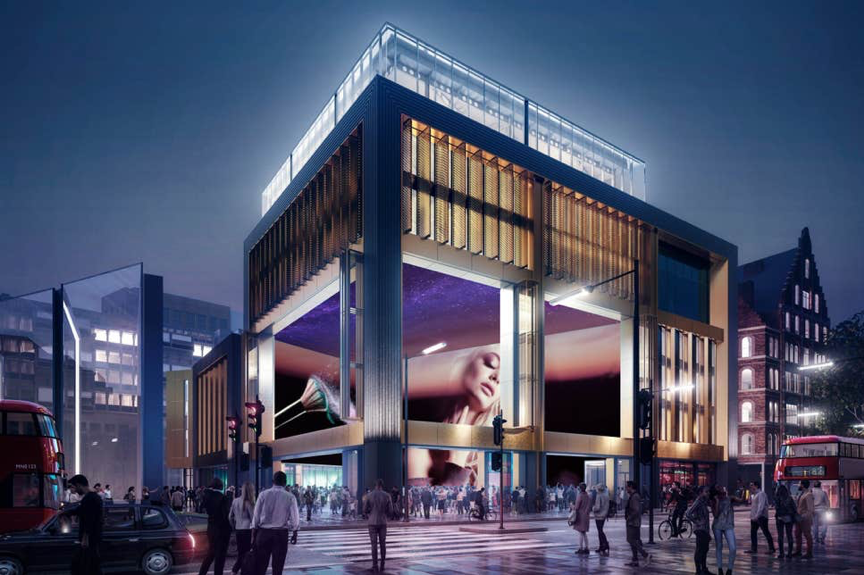
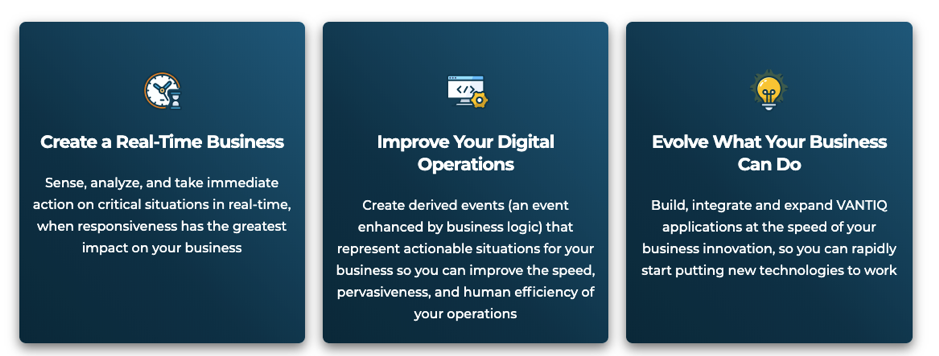
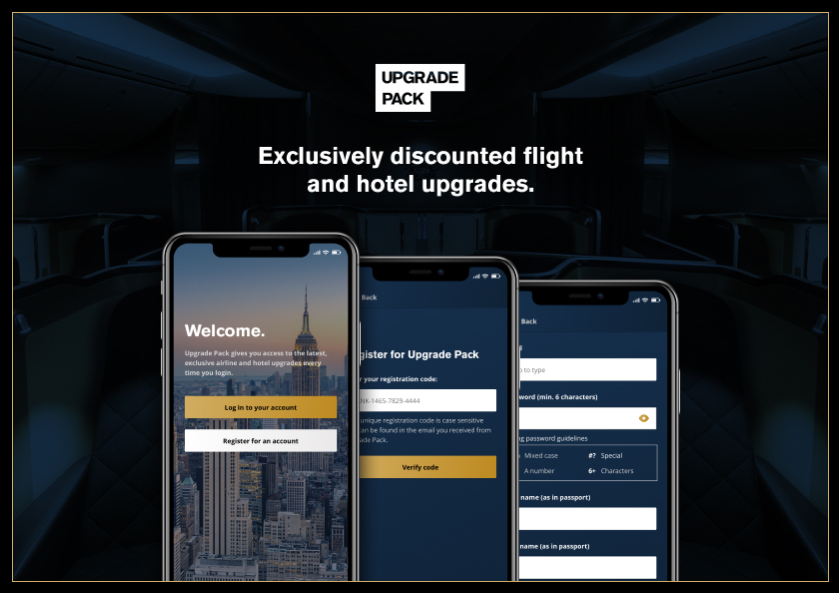
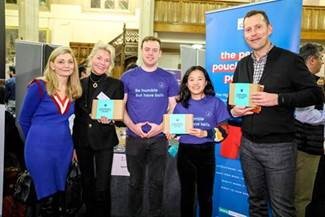
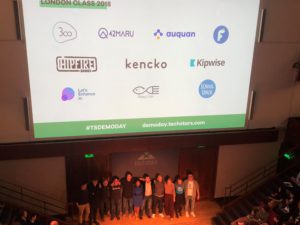
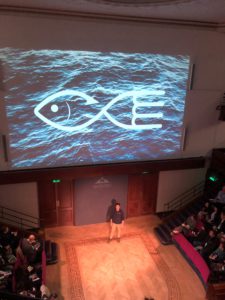
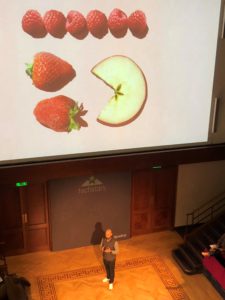
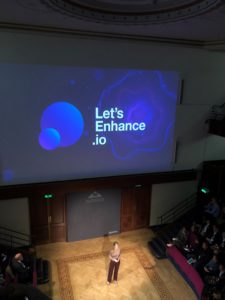
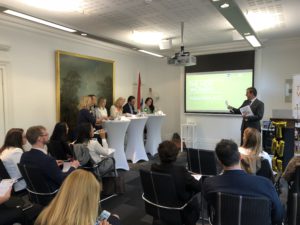
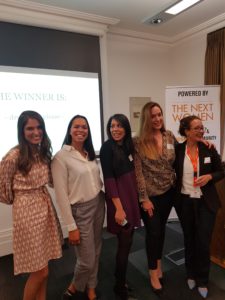
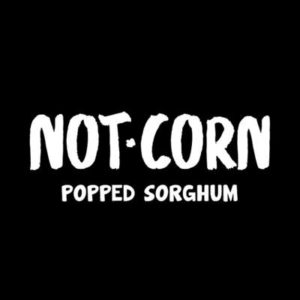
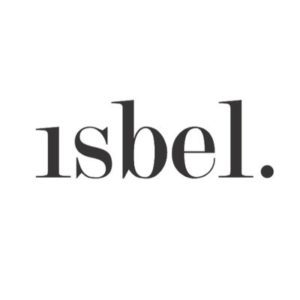
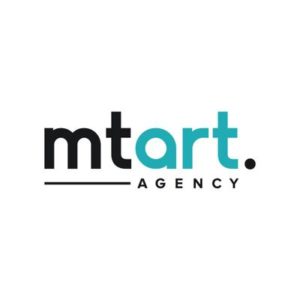
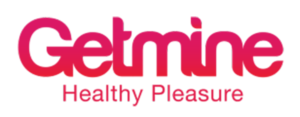


















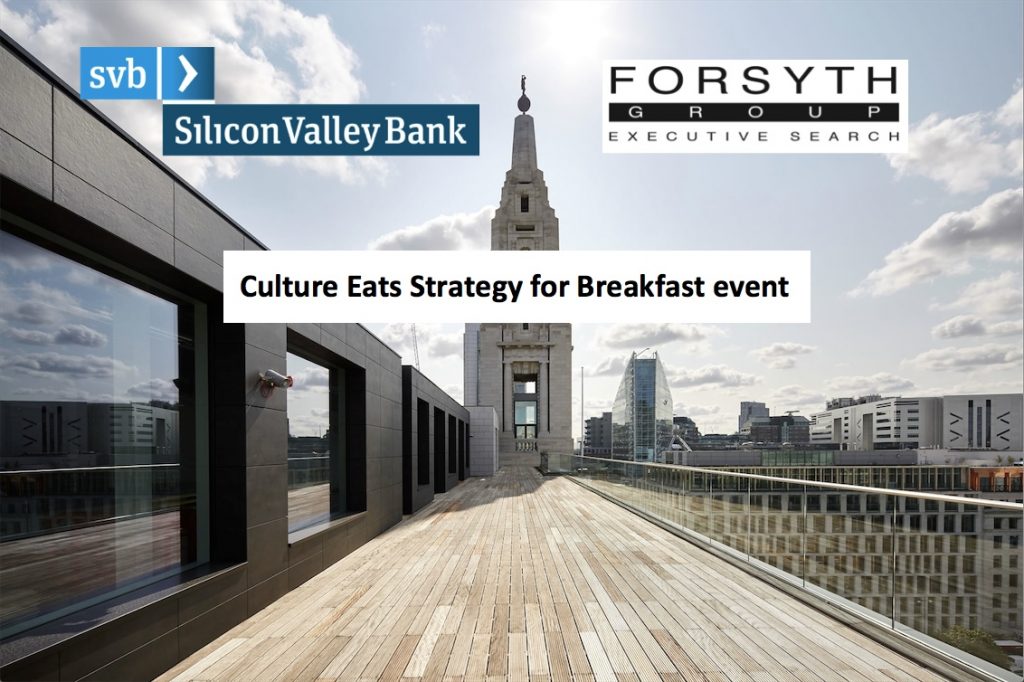 Breakfast event hosted by the Forsyth Group and
Breakfast event hosted by the Forsyth Group and 








